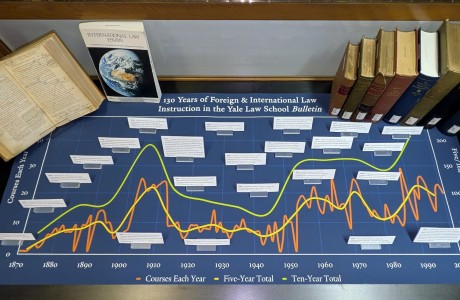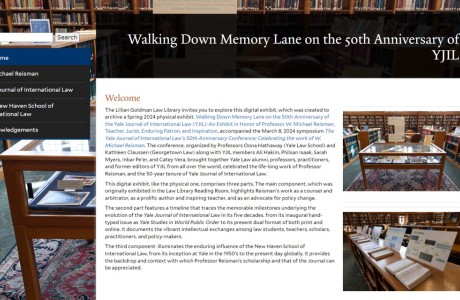Rebels in Mali: Recent News and Research Resources
Since January, several rebel groups have gained power and occupied northern Mali. What started as an independence movement by Tuareg secessionists for their so-called Azawad homeland has evolved into an attempt by rebel groups Ansar Dine ("Defenders of the Faith"), the Movement for Unity and Jihad in West Africa, (MUJAO), and al-Qaida in the Islamic Maghreb to impose strict Shariah law throughout the region. A coup in Bamako in March also exacerbated the growing crisis. Several articles about Mali's northern occupation have recently appeared in the news.
A recent NPR article, As Islamists Gain, Mali's Tradition Under Threat by Ofeibea Quist-Arcton, reports of the stoning of an unmarried couple and other destructive activities that reflect the rebels' aim to impose strict Islamic law in Mali and neighboring countries. The article also chronicles the rise and splintering of the rebellion and the military coup in Bamako on March 22, as well as the displacement of Mali's northern population and the destruction of holy sites.
Guled Yusuf and Lucas Bento focus on the defacement and destruction of Sufi shrines, mosques, tombs of Sufi saints, and other Timbuktu sites by rebel groups in a recent New York Times op-ed piece, The ‘End Times’ for Timbuktu? The article points to the ongoing destruction of the rich cultural history of Timbuktu, which includes 13 remaining UNESCO World Heritage Sites currently at risk. The article maintains that the destruction of religious and historical monuments are war crimes under the Rome Statute and that the persecution of religious or cultural groups is a crime against humanity. The authors argue that these crimes should be persecuted as such either by the International Criminal Court or by a country acting under the principle of universal jurisdiction.
Meanwhile, pleas for peace and a reunited Mali have been made. According to a recent article Mali : rassemblement massif pour la paix à Bamako appearing in the French newspaper Liberation, Malians unwilling to see Mali divided have gathered in large numbers in a Bamako stadium to call for peace. Mali President Dioncounda Traore has also recently returned to Mali after a long medical absence in France to work towards reuniting the country. But the future of Mali still remains unclear at this point.
For research purposes, human rights reports from various government agencies and nongovernmental organizations can be used as reliable sources. Since the onslaught of the crisis in Mali, Amnesty International and Human Rights Watch have also released several reports and articles dedicated to the human rights issues at stake. Human rights reports are generally also available from the US Department of State, but they have yet to publish a 2012 report on Mali.
Research guides are also available for resources located at both Sterling Memorial Library and the Lillian Goldman Law Library. We benefit from the rich collection of African resources available to us from SML, including a guide dedicated to Mali. The guide points researchers to a variety of sources covering social, political, economic, cultural, agricultural, and military data and statistics. It also includes news resources, government pages, humanitarian reports, and much more. Researchers can also check out Malian law in our Country-by-Country guide. Also, a "Call Number" search in Morris for Mali (KST) will return titles associated with Malian Law. Other human rights materials related to Mali can be found using a Morris "Subject Heading" search, human rights mali.

